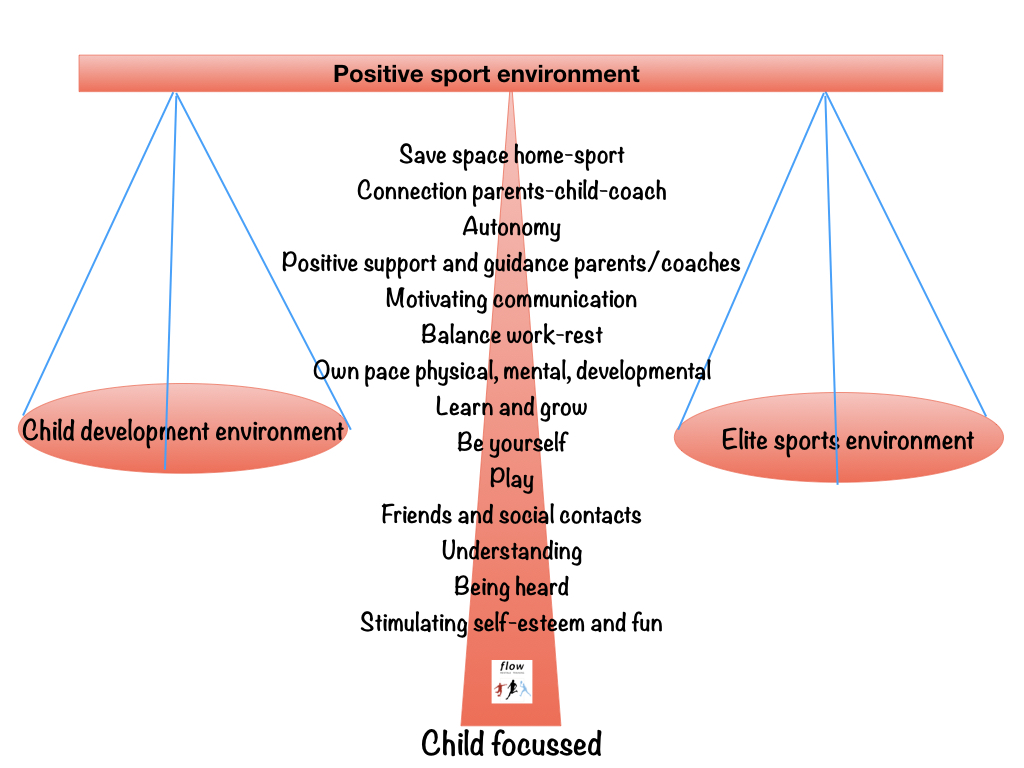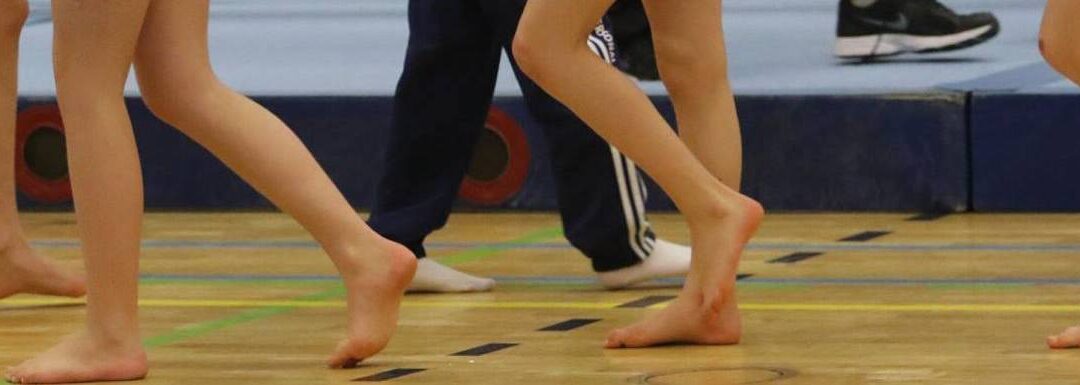Two focus groups were formed as requested by gymnastics club Turnz where Talent Center Gymnastics is located. One group with an elite gymnast and former gymnasts. I offer guidance and have an advisory role as a child development professional and sport psychologist. The (former) gymnasts did the kick-off together this weekend.
The (former) gymnasts all share a love for the sport. They have experience with competing at the highest possible level of competition: from the Dutch National Team to the Olympics, making the selection or just missing the cut. They share the same anxieties when it comes to their sport. Some former gymnasts have had rough experiences from which they are still experiencing the consequences. For an elite gymnast in a system where they are/were primed to be the very best, the prominent question is: “Why did we actually do it that way?”
This question comes from the ‘past’, but it’s also about ‘now’ because those asking it are presently elite athletes, mothers of elite athletes, pediatricians or coaches, to name a few.
“My father remembered a silly ‘coping song’ he would sing in the car when I went to the weekly national selection training. To pep me up and mentally prepare me, my father made fun of the coach. I needed this to keep going in gymnastics.”
-former gymnast
Focus
In the focus group we want to focus on ‘the now’
How do you put the child first in an elite gymnastics environment?
By sharing knowledge and experience we hope to provide a concrete understanding of what a positive gym environment looks like at Turnz.
The gymnastics club is part of a broader system: The KNGU and NOC*NSF. They are currently working hard on the ‘search for change’ or in other words a shift in the culture within gymnastics. We are starting small with our focus groups. Working from the inside out, at the club. Turnz expressed a desire to take it upon themselves to be a role model; to be open to ‘what can be changed?’ at club level, and more particularly to establish ‘what really works?’
What is the norm?
To be honest, as a child development professional and sport psychologist, my brain short circuits when I think about how things are done in gymnastics. My concerns are echoed in the focus groups:
- 30 hours per week training, 20 hours at school, 15 hours travel, and 10 hours homework.
- 12 year olds eating warmed up meals from Tupperware, daily, on the way to training.
- Young children staying with a host family.
- Standing still in a line.
- Not telling coaches about injuries.
- Impossible demands for a (teenage)body.
- Parents who let this happen, but complain about it in the stands.
- The coach’s dominating position.
- The high price paid mentally and physically for medals.
- The much larger groups who never reach medals.
- The feeling of failure for quitting the sport ‘too soon’ and disappointing parents and coaches.Who are you if you are no longer a gymnast?
“A (weight) scale is a stupid thing. (To this day) it still grabs my attention.”
– former gymnast

These concerns, of course, holds true for other sports, too. When the balance is gone (particularly for a long period of time), then children are at risk for psychological and physical injury.
The (former) gymnasts find there is need of a positive sport environment:
- Training in groups
- Multiple coaches, so they can strengthen and guide each other.
- Equality: no small child against an adult.
- Enjoying the sport comes first.
- The gymnast is given the chance to develop as an individual.
- Systemic attention, at administrative level, to educating coaches in child development.
- Peer-to-peer sessions where coaches self-reflect.
- Clubs and associations have the capacity to ‘self-cleanse’.
Who do we turn to? The association, the administrators, the clubs, the coaches, the parents, the gymnasts? This focus group doesn’t have the magic solution either. However, step for step we can work at it; from something small to something great. A lot of good things are happening in the world of gymnastics. We need to make this known.
CHANGE COMES WHEN YOU START WORKING ON IT

Turnz signals the start
Assignment for this month: Incorporate at least one play activity into each practice you coach (for 16 year olds, too). For example: let them run, catch, role, crawl, push-up, or tag with a result or (focus) objective. The way you coach these activities can differ from how you normally coach, but you can also incorporate them into your warm-up, mid-training or at the end of practice. With this the gymnasts are training physically and mentally: focusing attention, communication, making choices, and finding solutions.
Laughing together gives you positive energy.
By Team Flow: Daniëlle van der Klein-Driesen
Translation: Angelie Staal
www.flowmentaletraining.nl / www.sportinperspectief.nl


